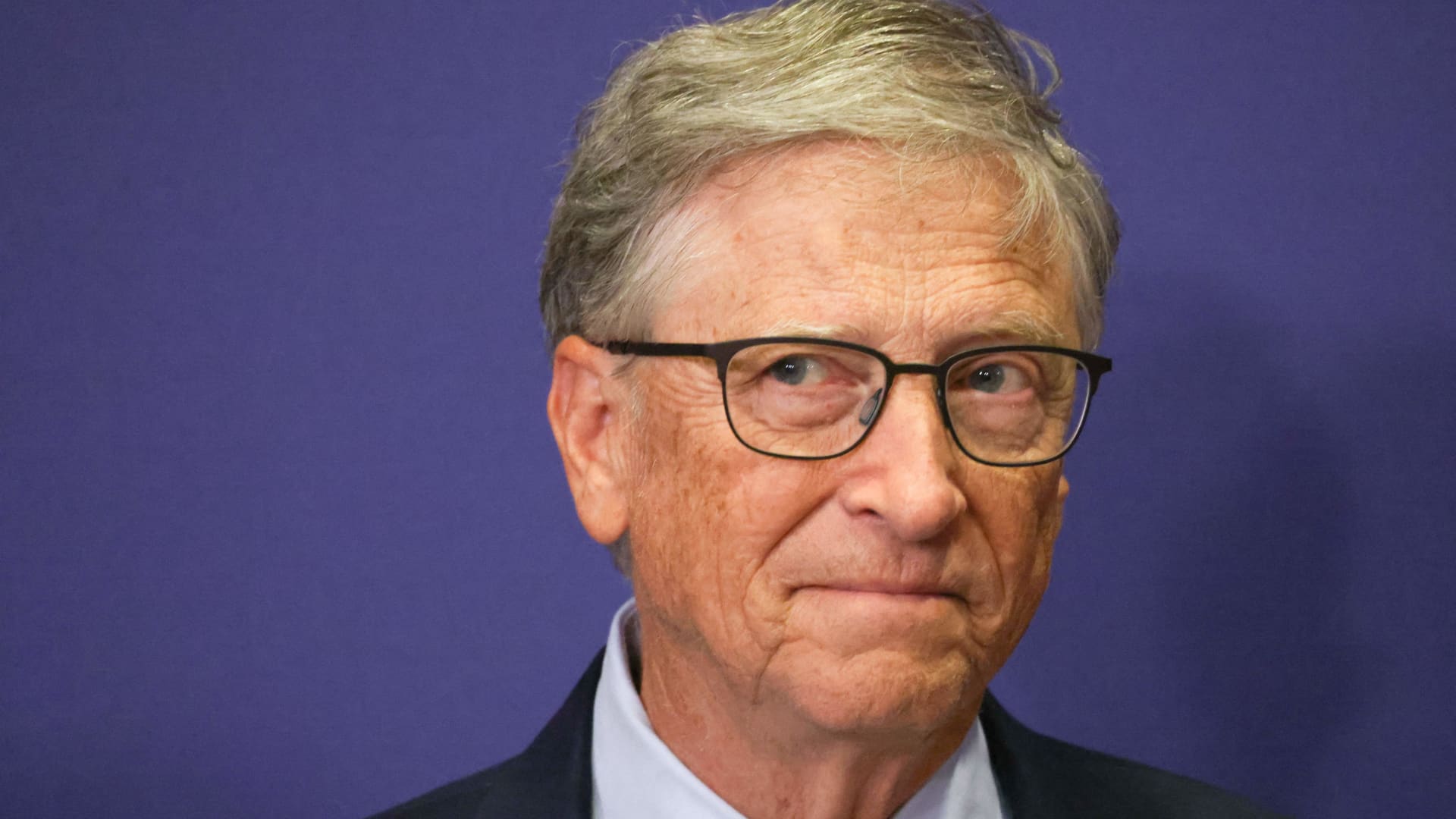Bill Gates Increases Philanthropic Commitment to $200 Billion as Government Funding Declines
In a landmark decision, billionaire philanthropist Bill Gates announced today he will increase his charitable giving to $200 billion over the next decade, responding to shrinking government budgets for global health and development. The Microsoft co-founder revealed his expanded commitment during a Gates Foundation summit in Seattle, positioning private philanthropy as critical to filling gaps in education, healthcare, and climate innovation. This unprecedented pledge comes as multiple nations reduce foreign aid and domestic social spending amid economic pressures.
Unprecedented Scale of Private Philanthropy
The $200 billion commitment represents a 150% increase over Gates’ previous philanthropic expenditures and will be distributed through the Bill & Melinda Gates Foundation. According to foundation documents, the funds will prioritize:
- Vaccine development and equitable distribution (35%)
- Climate change adaptation technologies (25%)
- Global education initiatives (20%)
- Poverty alleviation programs (15%)
- Policy advocacy and research (5%)
“When governments step back, those of us with means must step forward,” Gates stated during his announcement. “This isn’t about replacing public funding, but preventing backsliding on decades of progress in child mortality, disease eradication, and educational access.”
The Shrinking Government Funding Landscape
Gates’ decision responds to measurable declines in public sector support. Recent data from the OECD shows:
- Development aid from G7 nations dropped 7.2% since 2020
- 17 U.S. states have reduced education budgets by an average of 12%
- Global climate financing remains $2.5 trillion short of Paris Agreement targets
Dr. Amara Nwosu, Director of Global Health Economics at Johns Hopkins, notes: “While $200 billion seems astronomical, it’s still just 4% of what governments collectively spent on these issues pre-pandemic. The real story is how much ground we’ve lost in public commitments.”
Mixed Reactions to Philanthropic Expansion
The announcement has sparked debate about the growing influence of private donors in public policy spheres. Supporters argue that Gates’ approach brings efficiency and innovation, pointing to the foundation’s role in:
- Reducing malaria deaths by 40% in partner countries
- Helping eradicate polio in all but two nations
- Developing COVID-19 vaccines in record time
However, critics like political economist Dr. Lin Yao warn: “When billionaires set global priorities through their personal giving, it creates democratic deficits. Why should one man’s worldview determine whether children in Zambia get textbooks or tuberculosis medication?”
Strategic Focus Areas for New Funding
The expanded commitment will launch several targeted initiatives:
Climate Innovation Accelerator
A $50 billion fund to commercialize clean energy storage, sustainable agriculture, and cooling technologies for tropical regions. Early projects include battery prototypes that store solar energy for 72+ hours.
Global Teacher Support Network
Partnering with UNESCO to train 1 million educators in sub-Saharan Africa using AI-assisted lesson planning tools, addressing critical shortages.
Pandemic Preparedness Hubs
Establishing regional response centers with vaccine manufacturing capacity to shorten future outbreak timelines.
The Future of Philanthropic Leadership
As Gates’ commitment reshapes expectations for private giving, experts predict ripple effects:
- Increased pressure on other ultra-high-net-worth individuals
- New models for public-private co-funding
- Greater scrutiny of philanthropic influence on policy
“This isn’t just about money,” notes philanthropy researcher Dr. Elena Petrov. “It’s testing whether mission-driven organizations can move faster than bureaucracies while maintaining accountability.”
Call to Action for Stakeholders
While celebrating Gates’ commitment, development experts urge complementary actions:
- Governments must maintain baseline funding for public goods
- Citizens should advocate for policy transparency in philanthropic partnerships
- Researchers need to evaluate impact metrics beyond dollar amounts
The coming decade will reveal whether this historic private investment can catalyze systemic change or highlight the limits of philanthropic solutions to structural challenges. For ongoing updates on global development funding trends, subscribe to our Policy Watch newsletter.
See more Business Focus Insider Team

